Upcoming events
-
24 Sep 2025

Skills for a burning world: the role of HEIs in climate action recognition | 24 Sep 2025, Brussels
Fondation Universitaire - Rue d’Egmont, 11 - 1000 Bruxelles - Room A
-
25-26 September 2025
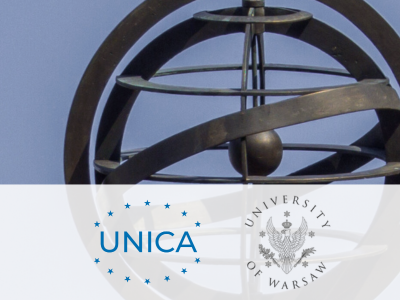
“Strengthening Research Collaboration in a Changing Landscape: Shared Research Infrastructures and Research Data Security” | University of Warsaw, 25-26 September 2025
UNICA Research -
10-12 December 2025
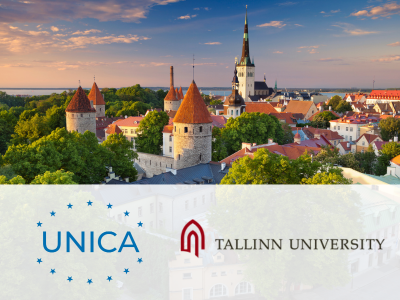
SAVE THE DATE! 30th UNICA IRO Meeting | Tallin University, 10-12 December 2025
Tallin, Estonia
-
25-27 February 2026
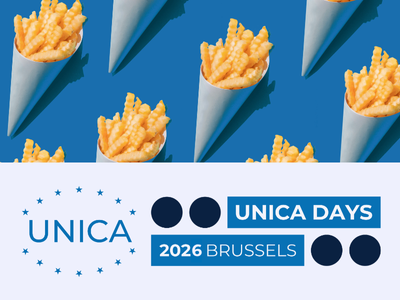
UNICA Days in Brussels 2026 on “Europe-Canada Cooperation” | 25-27 February 2026
Brussels
-
24-26 June 2026
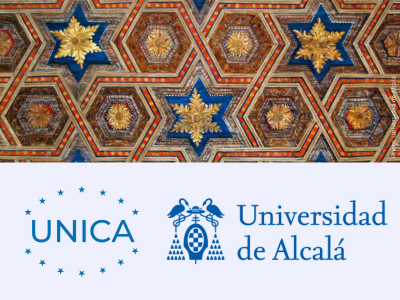
36th UNICA General Assembly and Rectors’ Seminar on “Cooperation with Latin America” | 24-26 June 2026, University of Alcalá
Alcalá de Henares, Madrid
Latest news
-
15 Jul 2025
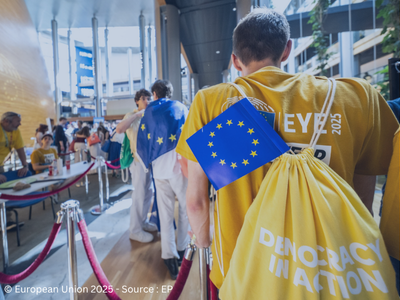
Young, Loud, Leading: Reflections from UNICA students at the European Youth Event 2025
From UNICA
-
11 Jul 2025

Joint statement: Calling for enhanced early-stage collaborative research and innovation (R&I) in the next European Framework Programme (FP10) 📣
From UNICA
-
07 Jul 2025
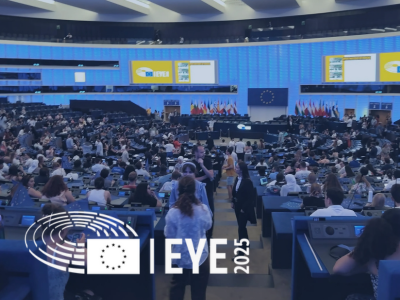
From learning to leading: UNICA at the European Youth Event 2025
From UNICA
-
04 Jul 2025
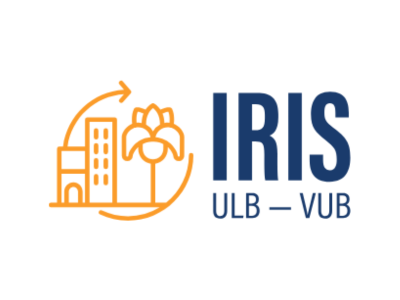
Meet IRIS, a MSCA Postdoctoral Programme for Interdisciplinary Research Addressing Regional Challenges – and UNICA is a partner!
From UNICA - Funding
-
03 Jul 2025
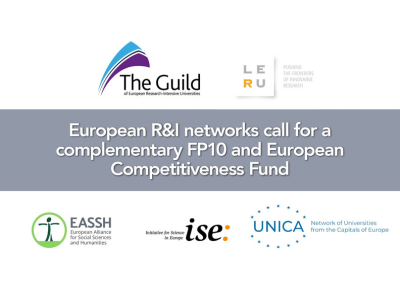
Calling for a complementary approach to FP10 and the European Competitiveness Fund – joint statement by The Guild, LERU, UNICA, EASSH, and ISE
From UNICA - From partners - Funding
-
30 Jun 2025
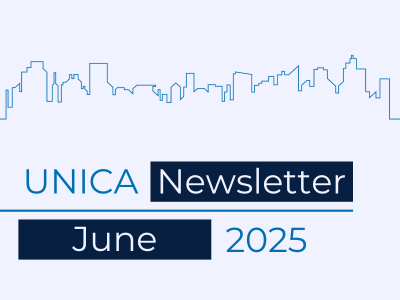
News from UNICA | June 2025: Building Bridges across European Capitals for 35 years!
Newsletters

 Co-funded by the European Union. Views and opinions expressed are however those of the authors only and do not necessarily reflect those of the European Union or the European Education and Culture Executive Agency (EACEA). Neither the European Union nor the granting authority can be held responsible for them.
Co-funded by the European Union. Views and opinions expressed are however those of the authors only and do not necessarily reflect those of the European Union or the European Education and Culture Executive Agency (EACEA). Neither the European Union nor the granting authority can be held responsible for them.